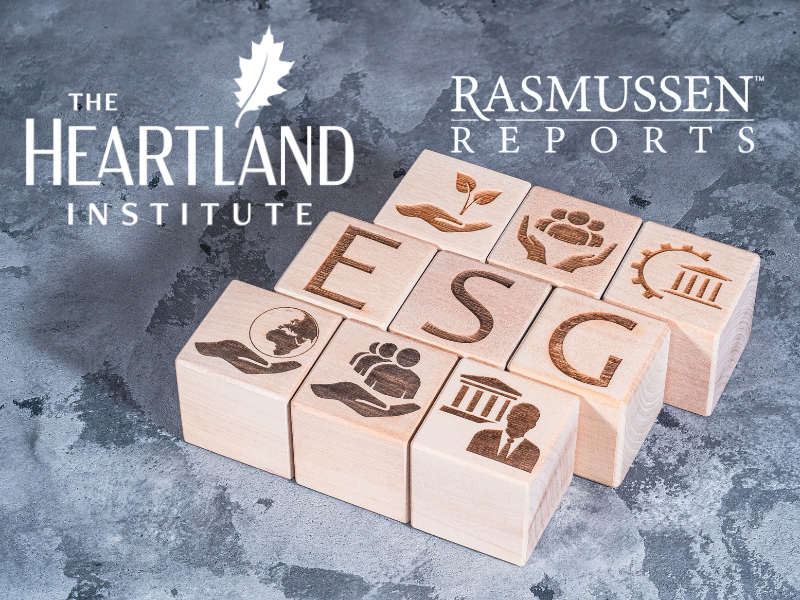On June 9 Snohomish County (Washington) Superior Court Judge James Allendoerfer filed a letter with the court indicating he believes the state exceeded its spending limit. His ruling came in response to a motion filed by plaintiffs in a lawsuit that has been in the courts since July 2005.
Allendoerfer wrote, “I have concluded … [the] final expenditure limit for FY 2005 [is] too high by $250 million. … [The] final expenditure limits for FY 2006 and FY 2007 [are] too high by another $250 million.”
The letter is not an official order. Allendoerfer instructed the parties in the suit to send him proposed orders to sign reflecting his conclusions.
Artificially Inflated Budget
The lawsuit was filed last year by the “Save 601” coalition, think tanks and advocacy groups intent on protecting spending and tax limits imposed by the state’s Initiative 601, passed by voters in 1993. I-601 restricts the rate at which the budget can grow and requires that any tax increase in excess of the limit be ratified by voters before taking effect.
During the 2005 legislative session, lawmakers artificially increased the spending and tax limits imposed by I-601 by engaging in a $250 million “merry-go-round” fund transfer among three state accounts. That enabled legislators to enact almost $1 billion in new spending and taxes–including a state-level death tax and new taxes on cigarettes, liquor, and extended warranties–without triggering a vote of the people.
On March 17, Allendoerfer first ruled in favor of the Save 601 coalition, finding the state’s 2005-07 budget violates the I-601 tax and expenditure limits. Allendoerfer ordered the state to reduce its spending and invalidated most of the tax increases until ratified by a vote of the people.
The death and cigarette taxes survived on a technicality. I-601’s taxpayer protections apply only to the state’s general fund; when enacting the death and cigarette taxes, the legislature dedicated the revenue to an off-budget account.
Refunds Promised
Within hours, the state filed a request with the state Supreme Court to stay Allendoerfer’s ruling. A stay would permit state officials to continue overspending and collecting the suspect taxes. Plaintiffs responded by stating their concern that the state would argue against a refund, if Allendoerfer’s decision is upheld, because the money would have already been spent.
The office of Attorney General Rob McKenna (R) promised in its filing, “The State has not claimed and will not claim that the refund remedy would be unavailable if the taxes at issue ultimately are held invalid. It has not been and will not be the State’s position that if the proceeds of such taxes are spent, that refunds would be unavailable. The State confirms that, as in the ordinary course, if the taxes ultimately are held invalid, the tax refund process would apply, and qualifying taxpayers would be entitled to refunds.”
Booker Stallworth, communications director of the Evergreen Freedom Foundation (EFF), said, “While we wish the illegal taxes would immediately cease to exist, we are happy the state has promised not to fight taxpayer refunds if it loses its appeal.”
Joining EFF as plaintiffs in this action are the Washington Farm Bureau, the National Federation of Independent Business (NFIB), the Washington State Grange, the Building Industry Association of Washington (BIAW), the Washington Association of REALTORS® , and taxpayer Steve Neighbors.
The state Supreme Court is expected to take up the state’s appeal later this year.
Jason Mercier ([email protected]) is senior budget analyst at the Evergreen Freedom Foundation.



